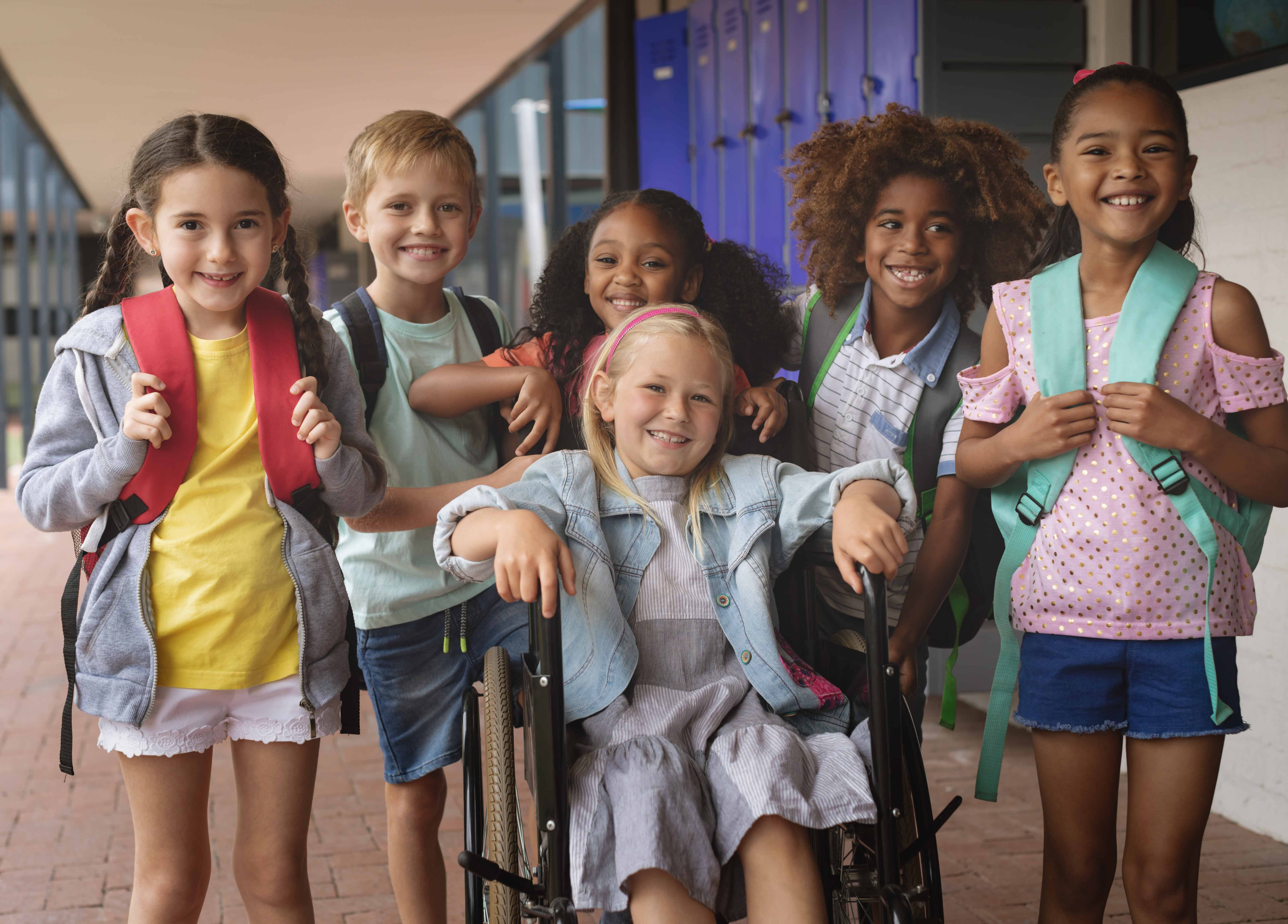
A new Portland State University study suggests that the likelihood of a child being classified with an educational disability depends on the characteristics of their school and how distinctive they are from their peers.
The study, published in the journal Society and Mental Health, found that disability classifications do not occur reliably across schools. The study used annual child- and school-level data from 378,919 children in a large urban school district between 2006 and 2012.
Dara Shifrer, the study’s lead author and an assistant professor of sociology in PSU’s College of Liberal Arts and Sciences, said disability classifications are inconsistent and subjective.
“Kids may have the same test scores and same social background, but the school they attend determines whether they’ll get a disability classification,” she said.
Shifrer said the classifications are meant to help children but can also limit their learning opportunities or be stigmatizing.
“Their peers think differently of them, their teachers think differently of them, they think differently of themselves because people interpret these as biological diagnoses,” she said. “But what our study shows is that they’re based on things that are socially rooted and subjective. … No one should feel like this is a firm statement on what this child is capable of or what their trajectory should be.”
Shifrer and her co-author, Rachel Fish, an assistant professor of special education at New York University, found that students who are distinctive relative to their peers have a greater likelihood of being classified with a disability.
Read the full story at PSU
